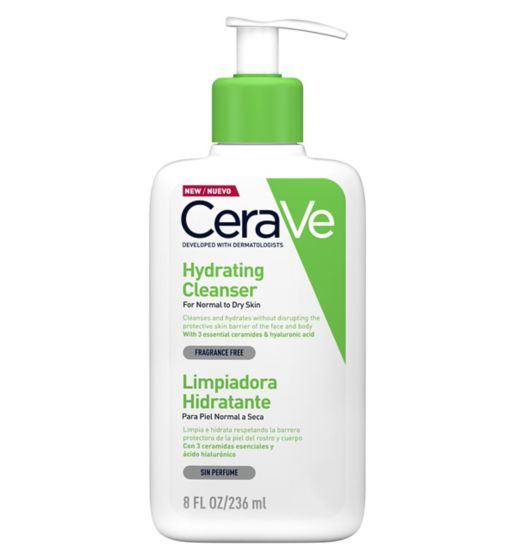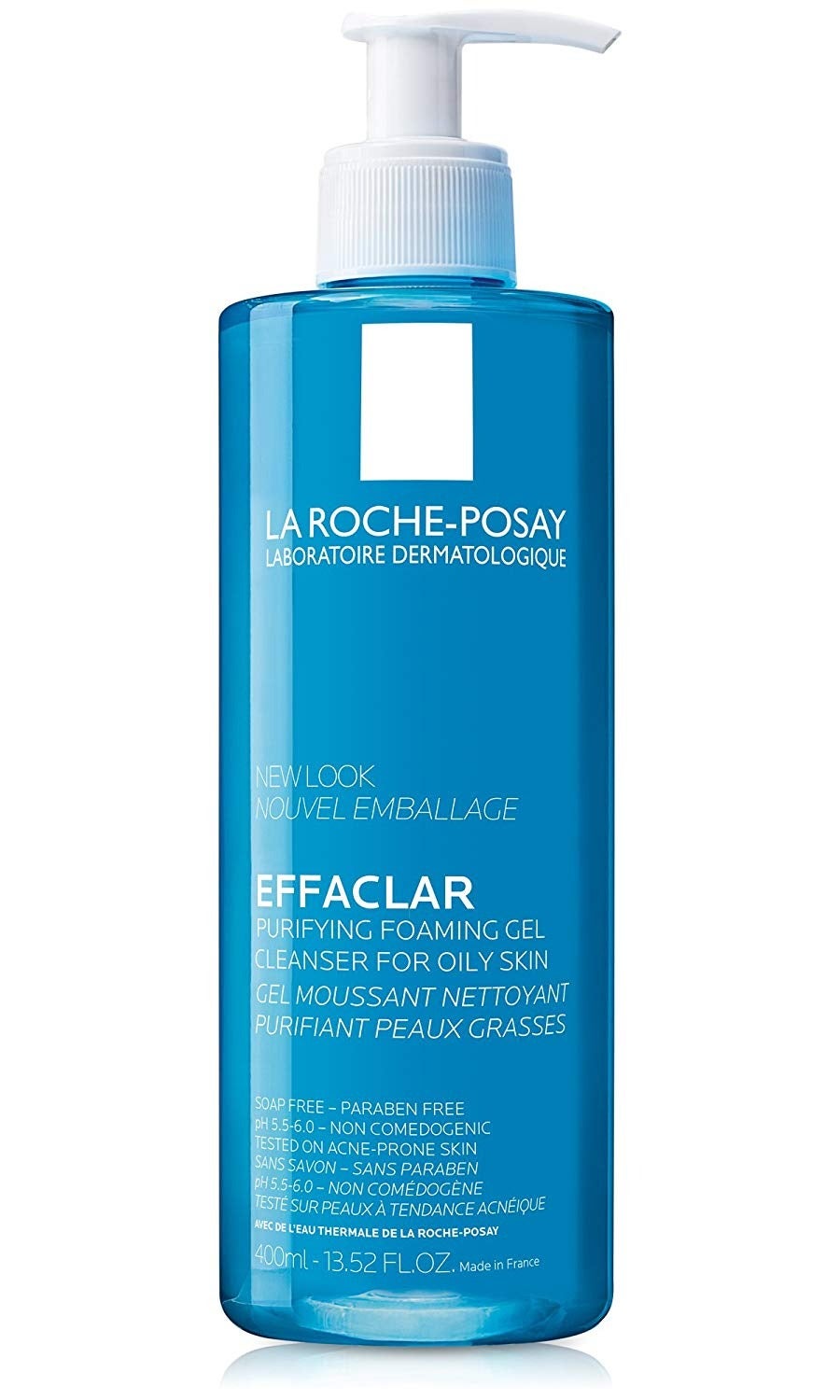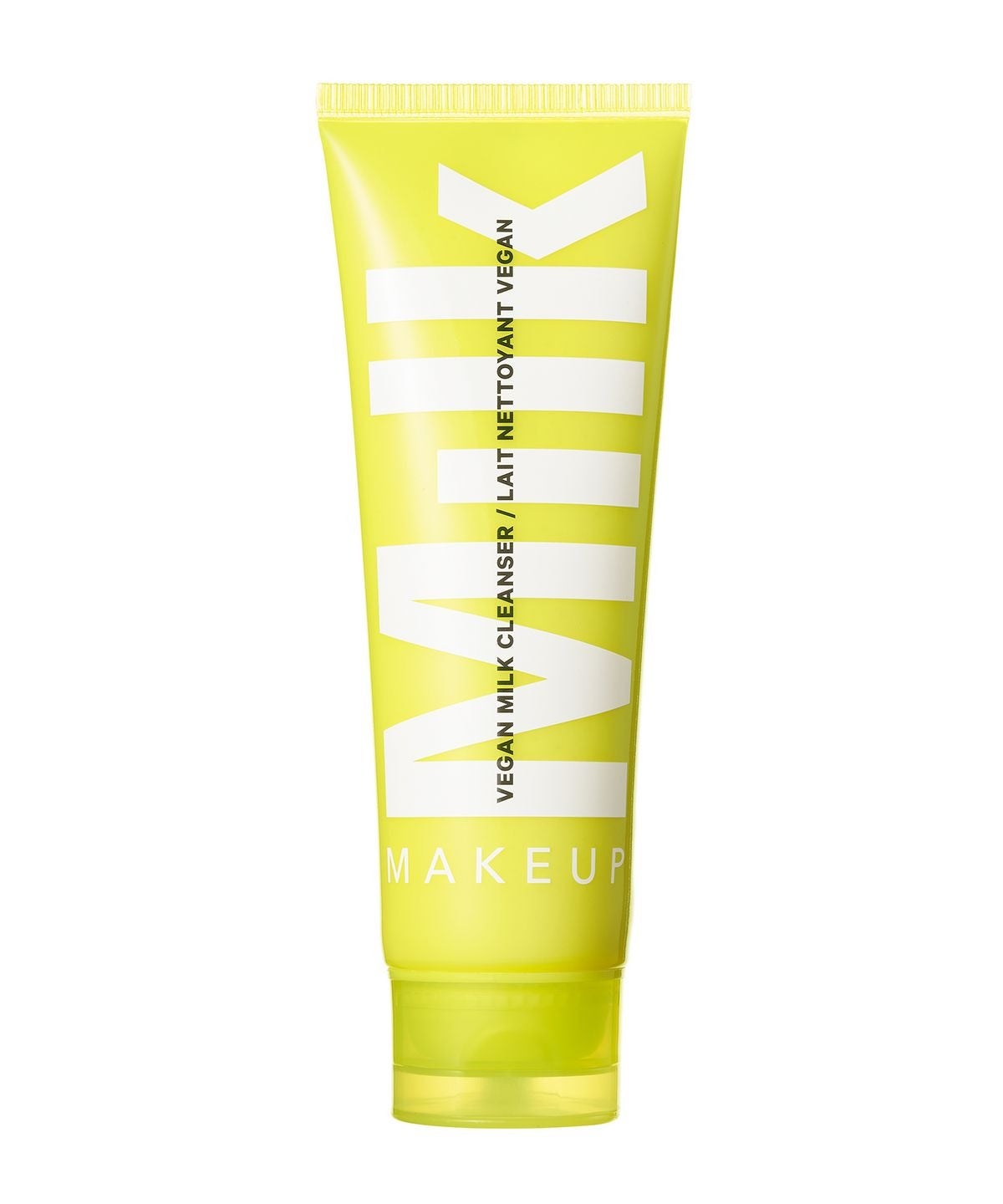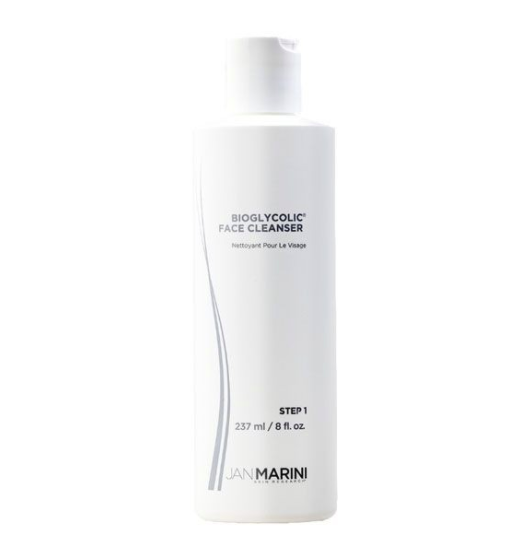With coronavirus fears at the front of everyone's mind, we're all very serious about following current recommendations in regards to the importance of hygiene, washing and sanitizing.
Soap, detergents, alcohol-based sanitizing gels and liquid antiseptic products are flying off the shelves as we're taking extra precautions to make sure that our hands, surfaces and objects such as mobile phones and laptops are free from the virus. But according to Dr Tiina Meder, skin expert and founder of Meder Beauty Science, it's possible to take sanitizing a little too far.
Dr Meder says that the latest skincare craze has seen individuals enlist antibacterial gel and liquid antiseptic to cleanse the delicate skin on their face. With guidelines warning us not to touch our face to prevent the spread of COVID-19, it makes sense to cleanse skin twice a day like skin experts recommend. But there are countless risks associated with using strong products like alcohol-based gels to do so.
AdvertisementADVERTISEMENT
By now, you're likely aware of the effects of constant washing and sanitizing when it comes to your hands in particular; cue rough, dry and sometimes cracked and painful skin. As the skin on your face is even more sensitive, cleansing with something as astringent as antibacterial gel or liquid antiseptic could cause a lot of damage. When asked by a client whether we should swap our usual face cleanser with antibacterial gel, Dr Meder replied: "Absolutely not! COVID-19 is spread from person to person via respiratory droplets or via dirty hands so there is no need to disinfect your face."
In fact, the harsh alcohols in products such as these will only aggravate the skin, resulting in redness, irritation and dry, flaky skin. "It could even burn the skin," added Dr Meder. "The best way to keep your face clean after being in a public place or on public transport is with cosmetic cleansers such as gels, mousses, emulsions or creams."
If you have sensitive skin, try CeraVe Hydrating Cleanser, $15.97 or Milk Makeup Vegan Moisturising Cleanser, $40. Dermatologists also recommend Jan Marini Bioglycolic Face Cleanser, $53, or a foaming cleanser such as La Roche-Posay Effaclar Purifying Cleansing Gel, $15.95, especially if you're prone to acne or excess oiliness.
AdvertisementADVERTISEMENT
Dr Meder added: "If you’re concerned about face-to-face transmission, don’t cleanse with oil or micellar water as they won’t break down the lipids that form the protective layer around the virus." Micellar water is good for removing makeup but it is recommended that you then follow with a proper water-based cleanse to remove all particles of dirt.
And when it comes to drying your face, the jury is still out as to whether you should use a towel or not, but if you're using a shared hand towel, Dr Meder suggests switching things up. "I would recommend using either disposable recycled tissues or a small face towel that is washed daily as damp towels are a nest for bacteria and fungi," she said. "Sharing is not caring, so make sure you have your own face towel."
COVID-19 has been declared a global pandemic. Go to the Public Health Agency of Canada website for the latest information on symptoms, prevention, and other resources.
AdvertisementADVERTISEMENT










